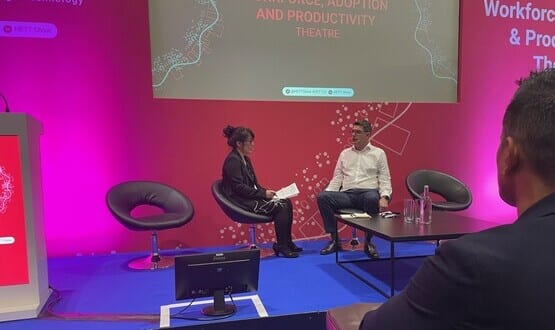NHS IT project runs up £28.2m legal bill
- 4 July 2006
Connecting for Health has received a £28.2m bill for legal work, one of the biggest ever bills for legal work in the public sector and reportedly the largest on a single project.
Lawyers look to have been an early beneficiary of the £12.4bn project so far. Further hefty fees look highly likely with the NHS IT project now running two years late, and renegotiations with its prime contractors continuing.
According to trade magazine The Lawyer, leading law firms DLA Piper Rudnick Gray Cary, Allen & Overy (A&O) and Milbank Tweed Hadley & McCloy have split a pot of £28.2m, receiving £17.5m, £8m and £2.5m respectively.
The Lawyer says that the hefty bill run up by CfH on the NHS IT project raises questions about whether public sector bodies have the organisational infrastructure to scrutinise legal fees.
It quotes ‘one well-placed observer of the project’ as saying he believed £10-15m would have been a reasonable fee, rather than £28m.
The observer is quoted as saying: "Projects like this are a licence to print money. They’ll screw you on rates, but they don’t do value checks on the number of lawyers involved. There’s a lot of probity in the public sector, but I don’t know if you’d get away with this in the private sector."
The report adds that almost 60% of the fees charged by A&O, around £11m, were accounted for after the initial eight core projects were signed, and have been incurred on extensive contract renegotiations and a number of extra projects such as the picture archiving and communications systems deals.
The firms’ partner charge-out rates were discounted to between £220 and £300 per hour and the law firms had to retender last year. The DH is also reported as saying that it had initially budgeted £40m for legal fees.




